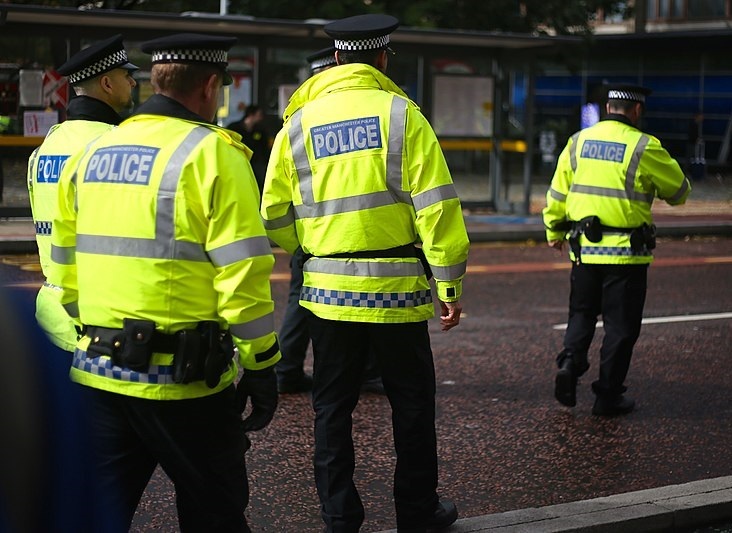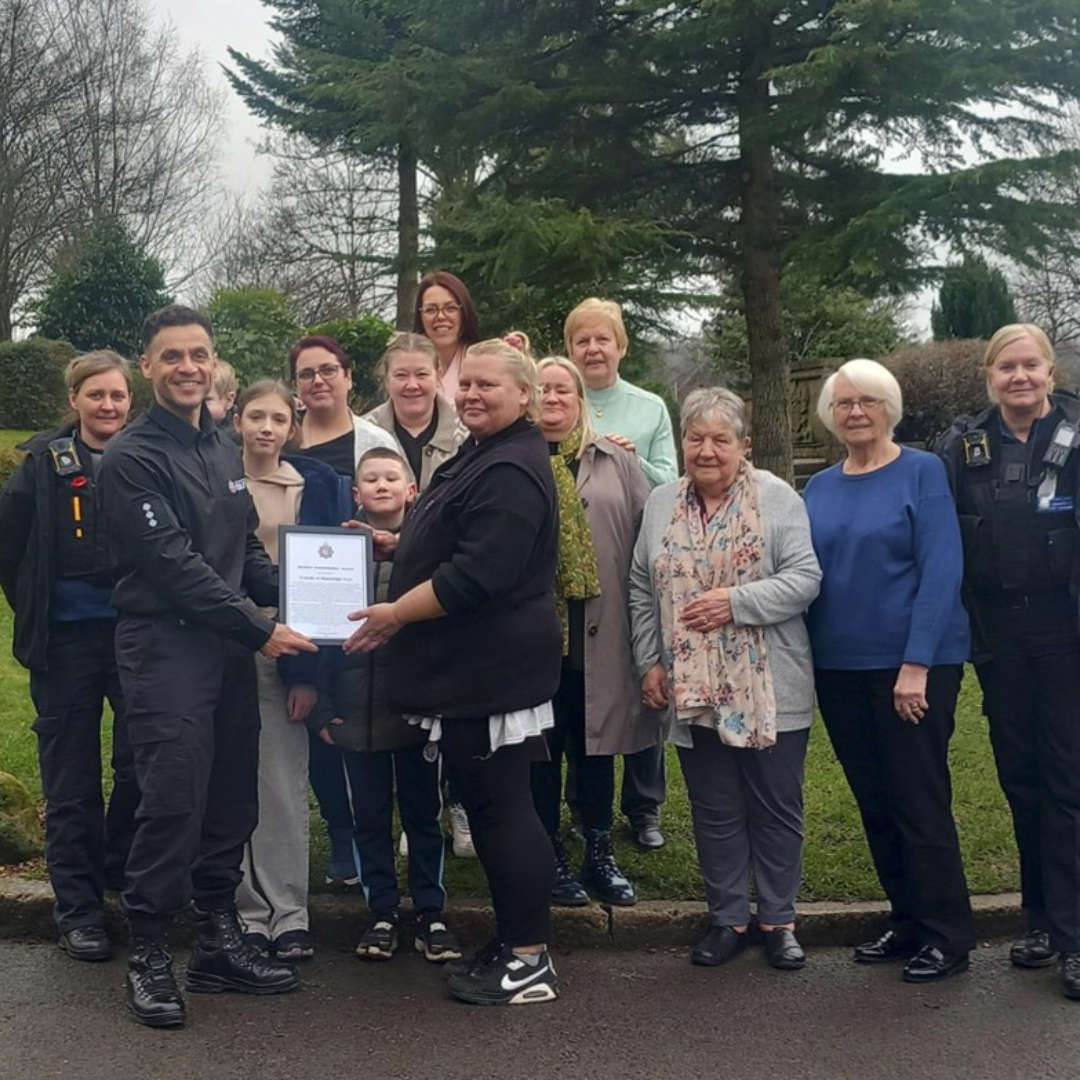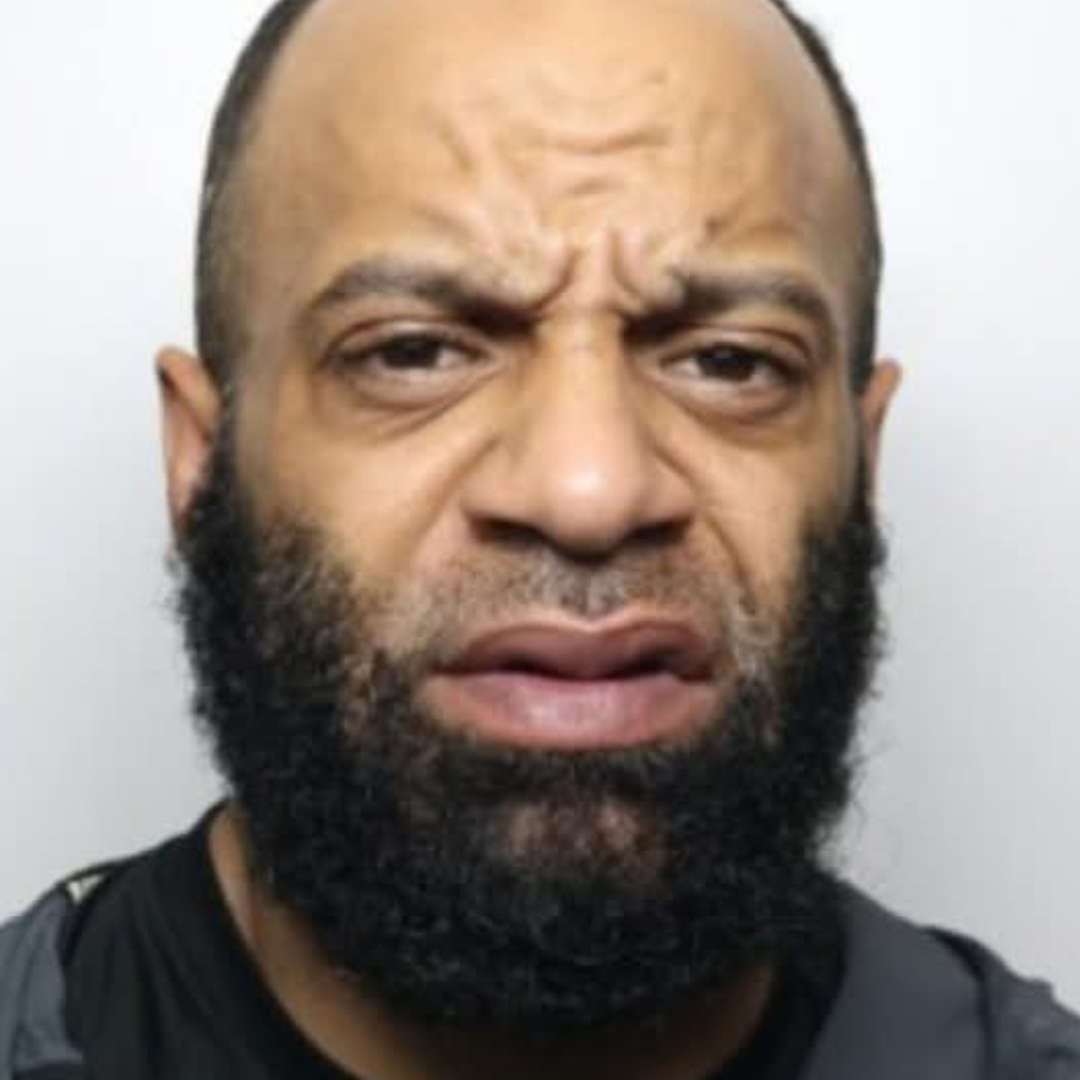
Greater Manchester Police has improved tackling child grooming by treating it like organised crime — but still face fundamental issues in fighting ‘devastating’ exploitation.
That’s according to the fourth and final reports into how authorities dealt with child sexual exploitation (CSE) in Greater Manchester, released today (Thursday, July 3).
Originally commissioned by mayor Andy Burnham in 2017, previous reviews examined how child abuse perpetrators initially got away with their crimes in Manchester, Oldham, and Rochdale.
The final reports, from His Majesty’s Inspectorate of Constabulary and Fire & Rescue Services (HMICFRS) and Ofsted, assessed how well GMP and councils approach investigating CSE today.
New findings reveal more than a tenth of the staff in GMP’s dedicated CSE ‘major incident team’ – which investigates serious grooming cases and assists regular detectives with their own child abuse probes – ‘are not trained to the level required to do their job’.
That applied to 13 of the 98 staff in the team, inspectors said. The team is supposed to be larger, with 10 vacancies at the time HMICFRS went into the force.
But rank-and-file officers told inspectors ‘the force is increasingly relying on investigators from other teams to cover these vacancies temporarily, and it hasn’t replaced staff who have left’.
GMP recruited retired detectives as ‘investigators’ to fill gaps in staffing, the review said.
Staff in that team also faced psychological trauma as many did not access existing support from GMP.
Inspectors also identified issues with sharing data between the police and councils to co-ordinate CSE enquiries; the amount of time it can take investigations to conclude; and a lack of training for staff carrying out ‘peer reviews’, an essential method for authorities to learn from past cases and improve their protection of children.
But the head of HMICFRS, Michelle Skeer OBE, concluded ‘victims and survivors should have confidence to come forward and that Greater Manchester Police will respond and actually investigate appropriately’.
The ‘areas of improvement’ for GMP
Specifically, Ms Skeer’s team reviewed all GMP records of 74 children identified in Rochdale as potential victims and survivors of CSE. In some cases, they found failings in the way the force initially responded to complaints and how cops carried out investigations — meaning some victims’ cases weren’t adequately looked at.
In total, the Inspectorate ruled there are four ‘areas of improvement’ for GMP.
The first was GMP ‘should review its CSE major incident team resourcing to make sure that it has enough trained investigators and Home Office large major enquiry system staff to support investigations’, after finding 10 posts were vacant in the department, which rank-and-file officers told inspectors ‘the force is increasingly relying on investigators from other teams to cover these vacancies temporarily, and it hasn’t replaced staff who have left’.
Of the 98 staff in the CSE squad, 13 ‘aren’t trained to the level required to do their job’, the report added.
Investigators in the team are at risk of facing psychological damage due to the nature of their work, HMICFRS said, but noted ‘none had ever been given a psychological questionnaire or assessment, or offered enhanced psychological support’.
That prompted the second area for improvement, telling GMP to ‘make sure that officers and staff working on child sexual exploitation major incident team investigations access the well-being provisions available, including enhanced psychological support’.
Issues were also identified with the ‘professionalising investigations programme (PIP 4) investigator’, described as ‘a competent decision-maker and can provide advice or review support as required’ after cops ran into ‘problems getting information from the local authorities’.
The report said: “It should make sure the PIP 4 investigator holds regular meetings with senior investigating officers in the child sexual exploitation major incident team to provide overall strategic management of these complex investigations.”
Finally, issues were found in the ‘peer review’ process — where GMP officers, children’s social care, and health services examine cases from across Greater Manchester on how they can learn and improve child protection.
“One district reviewer was new to the role with no previous experience of case file auditing, so relied heavily on colleagues for advice throughout the process,” the report said.
“Several of the district peer reviewers told us that they weren’t assigned enough time away from their existing responsibilities to complete the peer review process.”
It recommended: “The force should complete a further skills audit of all child sexual exploitation major incident team personnel and put an updated training plan in place to make sure they have the necessary skills for their role.”
What has GMP changed?
Although four criticisms were levelled at the force, two ‘areas of innovative practice’ were also singled out.
Top cops were also praised for treating grooming like ‘serious and organised crime’ and employing similar tactics used to smash drug and weapons gangs, such as analysing data on when children aged between 14 to 16 repeatedly go missing.
That was part of a wider ‘cultural shift’ within GMP that says ‘investigating child sexual exploitation is now considered “everyone’s business”,’ the report added.
Another was GMP’s ‘victim care packs’ which provide personalised documents for CSE survivors, including an official apology from a senior police officer if appropriate.
Probes are now taken at a pace victims are comfortable with, but that can lead to ‘lengthy’ investigations, inspectors found.
Despite encouraging signs ‘in terms of how they investigate child and criminal exploitation’, Ms Skeer said GMP ‘cannot be complacent’.
She explained: “We’ve identified a lot of innovative practice but you can’t be complacent because of the nature of offending and you’ve got to always be looking to try and improve practice within the force.
“They have certainly put an effort into actually improving child protection and child abuse and child exploitation and how they investigate and making sure they’ve got the trained personnel in the right numbers working in the force to actually try and address these issues.
“But it’s also about trying to prevent, so understanding the information and actually working with partners to make sure you can prevent.
“It’s such a traumatic crime with lifelong implications for a lot of individuals. You can never be complacent. I think you’ve always got to look, certainly in policing and partnership, but actually how you can further improve practice in this area.
“So it’s never good enough, I don’t think. You can’t be complacent. You’ve got to drive standards up.”
Mayor of Greater Manchester Andy Burnham said: “Eight years ago, I took the decision to establish this review on the back of revelations made in 2017 around the BBC's The Betrayed Girls documentary. I believed then, and stand by it now, that it was essential to give the Greater Manchester public assurance on two crucial points: first, that we would always be prepared to face up directly to past failings and bring any perpetrators to justice; and second, to provide a clear answer to the question as to whether the Greater Manchester public could have confidence today in the current practice related to the handling of these issues.
"Today we can finally give them a definitive answer. The findings today from His Majesty's Inspectorate of Constabulary and Ofsted show people can have confidence that today's approach is fit for purpose although we will, of course, use these reports to make sure we improve it further still.
"I am confident in my view that the Greater Manchester system is in a demonstrably different and far stronger place today than it was when the failings happened. The effect of the assurance review I commissioned has been to usher in widespread culture change across all GM bodies. Never again will any child here be labelled or dismissed when they come forward to report concerns.
"Like the Casey audit, these reports provide clear evidence that leaders and practitioners have responded to what has gone before and made big changes. This is encouraging to see but we are not in any way complacent. There are areas identified for further improvement and we will be dogged in our determination to drive these forward.
“So today, I say this to the public of Greater Manchester: you can have confidence in the systems we have to protect children from grooming and sexual exploitation and you can be sure that we will never return to where we were.
“Finally, I am in no doubt whatsoever that commissioning this review was the right thing to do. I thank our original independent review team for the painstaking work and hard-hitting reports they produced on Manchester and Rochdale.
“The Oldham report was an addition to the review at the request of the council and, while it was different in that it focused on specific local allegations, the review team applied the same meticulous approach.
“There are those who claim this second stage review was a cover-up. This is completely false and indeed insulting to two of the most highly-respected independent reviewers in the country.
“Because of the inevitable limitations of a local review like this, I was an early supporter of a national inquiry to bring accountability of decision-makers and Baroness Casey herself has said that there would not be a national inquiry were it not for the Greater Manchester review. We can feel vindicated by that.
“Now the national inquiry is being put in place, we must allow victims the space and the right climate to have their voices heard, allow the actual truth to be established and accountability delivered."
Chief Constable, Sir Stephen Watson said: “The exploitation of children is amongst the most abhorrent of crimes; made worse by the failures of systems, agencies and individuals to protect those most vulnerable. I reiterate my apologies to those whom we have failed in the past. I am sorry that when you needed us, we were not there for you.
“I am pleased that the HMICFRS report recognises the significant improvements that have been wrought within GMP and in conjunction with other key safeguarding partners. The report speaks to systems which are well led, well governed, well resourced, victim focused and effective.
“Those who are specially charged with this most important responsibility, within Greater Manchester Police and across our multi-agency collaboration; are professional, knowledgeable, dedicated and determined. I am particularly pleased that their unstinting efforts have been so positively reflected in these reports.
“To those survivors for whom a lack of trust and confidence in the police persist; or to anyone who has suffered in the past but has felt unable to reach out to us; I want to send a clear message today. The passage of time is no barrier to justice: if you a survivor – when you are ready, we will listen and act if you want us to.
“GMP remains focused on listening to survivors and advancing our effective practice still further. We owe it both to those abused in the past and to our children today to sustain this most pressing of priorities and I give my commitment to do just that.
“To those who are responsible for these repugnant crimes – as is now very apparent – we will pursue you relentlessly.”
Deputy Mayor for Safer and Stronger Communities, Kate Green said: “The reports published today represent an encouraging assessment of the system we have now in Greater Manchester for addressing CSE.
“It is because of the strength of our joint working that we are now able to better protect children from the most appalling and horrific abuse.
“I want to thank all of our colleagues across children’s services, education, health and the police, for their dedication, determination, and commitment to keeping our children safe and bringing abusers to justice.
“I am also very grateful to all three inspectorates for creating a new form of joint inspection, which is independent, rigorous, and has provided the assurance and insights we sought.
“We will use their comprehensive and informative reports to continue to drive improvements and standards across our system, and we pledge to take forward every single one of the recommendations through our Safeguarding Alliance.
“When the Mayor first commissioned the independent review process in 2017, his goal was to get assurance that the terrible mistakes of the past would not be repeated, and that we could be confident that children at risk of abuse today are protected, and kept safe.
“While I believe we now have that assurance, my thoughts today are for the children we let down, who are now adults living every day with the impact of their abuse.
“We cannot undo the wrong you suffered, but we are determined that no child will ever again be failed as you were.
“And so today we make this commitment to every child who experiences this vile abuse. You will be listened to, taken seriously and protected, and the perpetrators of these horrific crimes will face justice. As a system, that is the promise that, together, we make to you.”


 Derker community group recognised for support of Vulcan partnership work
Derker community group recognised for support of Vulcan partnership work
 Second man arrested in connection with Manchester Mosque incident with local councillors expressing shock
Second man arrested in connection with Manchester Mosque incident with local councillors expressing shock
 Council pushed to do more to support residents without internet access
Council pushed to do more to support residents without internet access
 Man wanted on recall to prison
Man wanted on recall to prison



